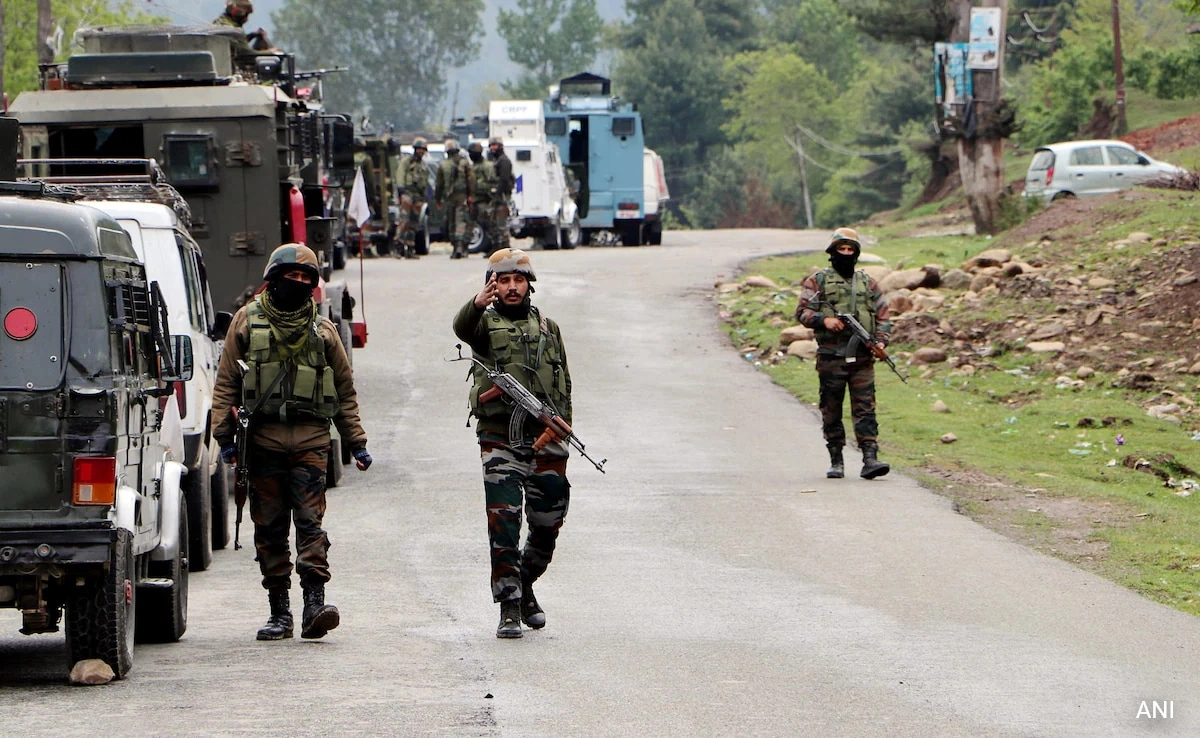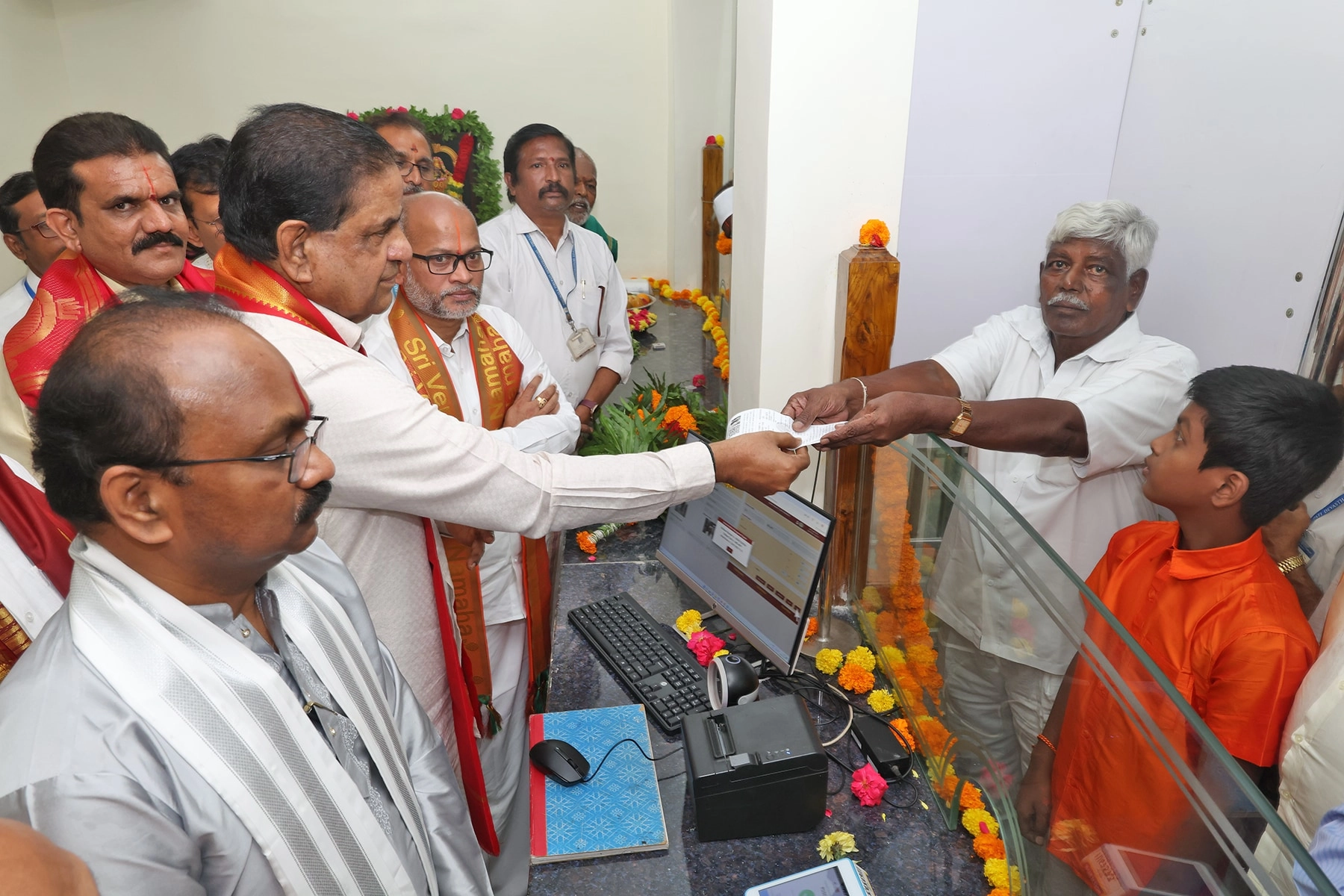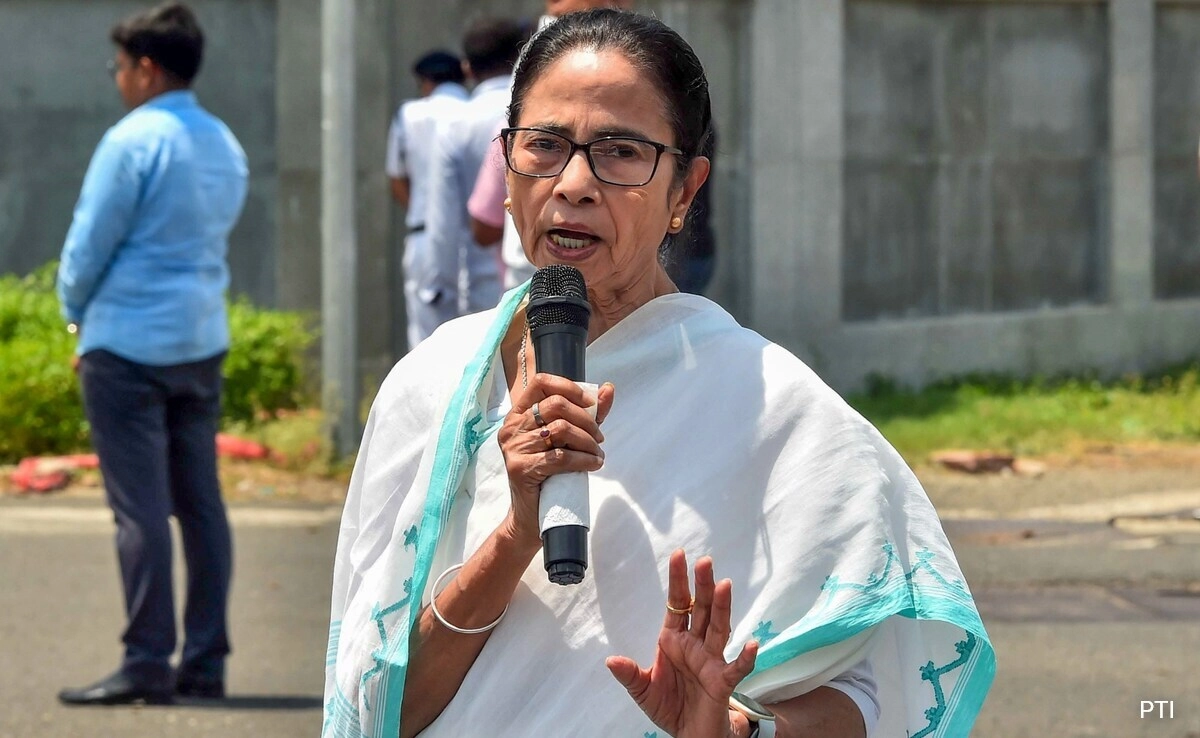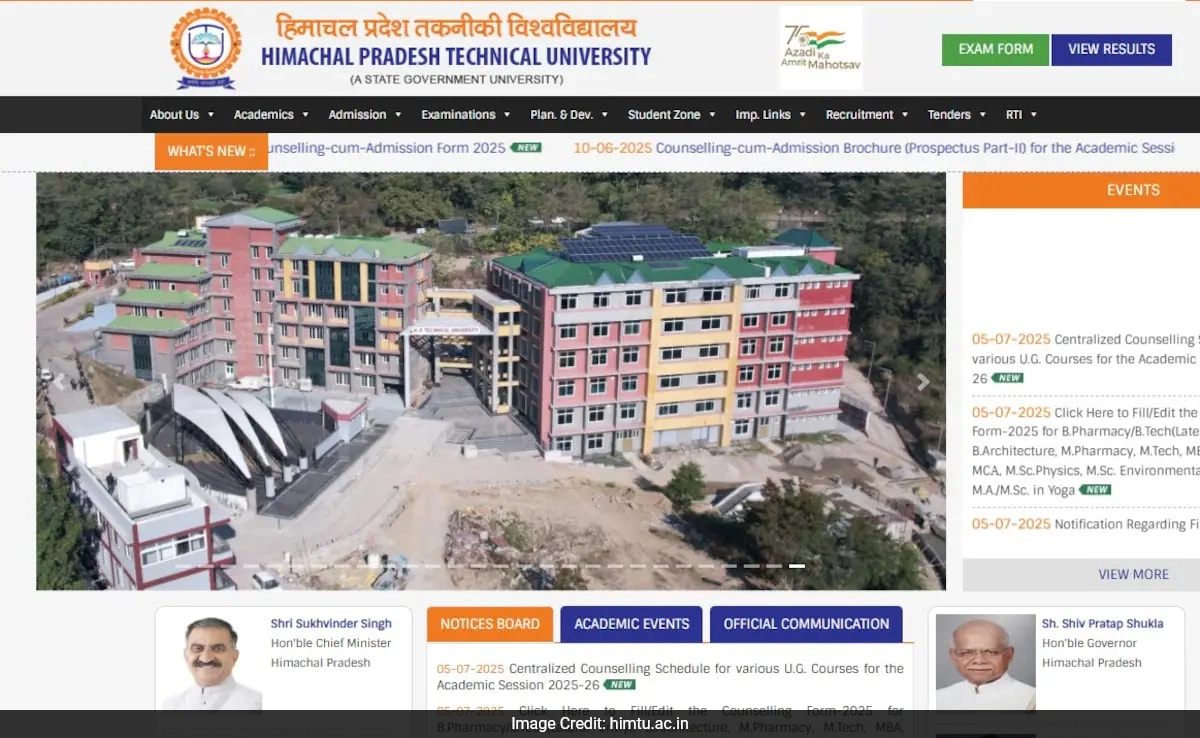In a significant development regarding the longstanding tensions between India and Pakistan, the Indian Army has announced efforts to de-escalate military alertness along the Line of Control (LoC). This announcement comes in the context of a renewed focus on maintaining peace and stability in the region, particularly following a series of ceasefire agreements that had been intermittently violated in the past. The Indian Army’s statement emphasizes their commitment to working on reducing the heightened state of alertness, which is often a reaction to cross-border hostilities and military engagements.
The ceasefire along the LoC, initially established in 2003, has been a critical aspect of India-Pakistan relations. However, violations have frequently occurred, leading to casualties and a humanitarian crisis in the border areas. The Indian Army’s proactive stance on diminishing alertness signals a potential shift towards more diplomatic engagement and a focus on dialogue rather than military confrontation. This change could pave the way for further negotiations aimed at resolving outstanding issues between the two nations, which have historically been marked by conflict.
Analysts suggest that this move could be indicative of a broader strategy to foster a conducive environment for peace talks. By reducing military readiness, both sides may find it easier to engage in discussions that address not only ceasefire violations but also other contentious issues, including Kashmir. The commitment to maintaining a ceasefire and reducing military tensions could ultimately contribute to a more stable and peaceful subcontinent, where economic and social development can take precedence over military posturing.
As the situation continues to evolve, observers are keenly watching for reactions from both governments and the international community. The commitment to a ceasefire and de-escalation of military operations is an essential step towards creating a foundation for long-term peace in the region. Continued dialogue and confidence-building measures will be crucial in sustaining this momentum, as both nations navigate the complexities of their historical grievances and strive to build a more peaceful future.




